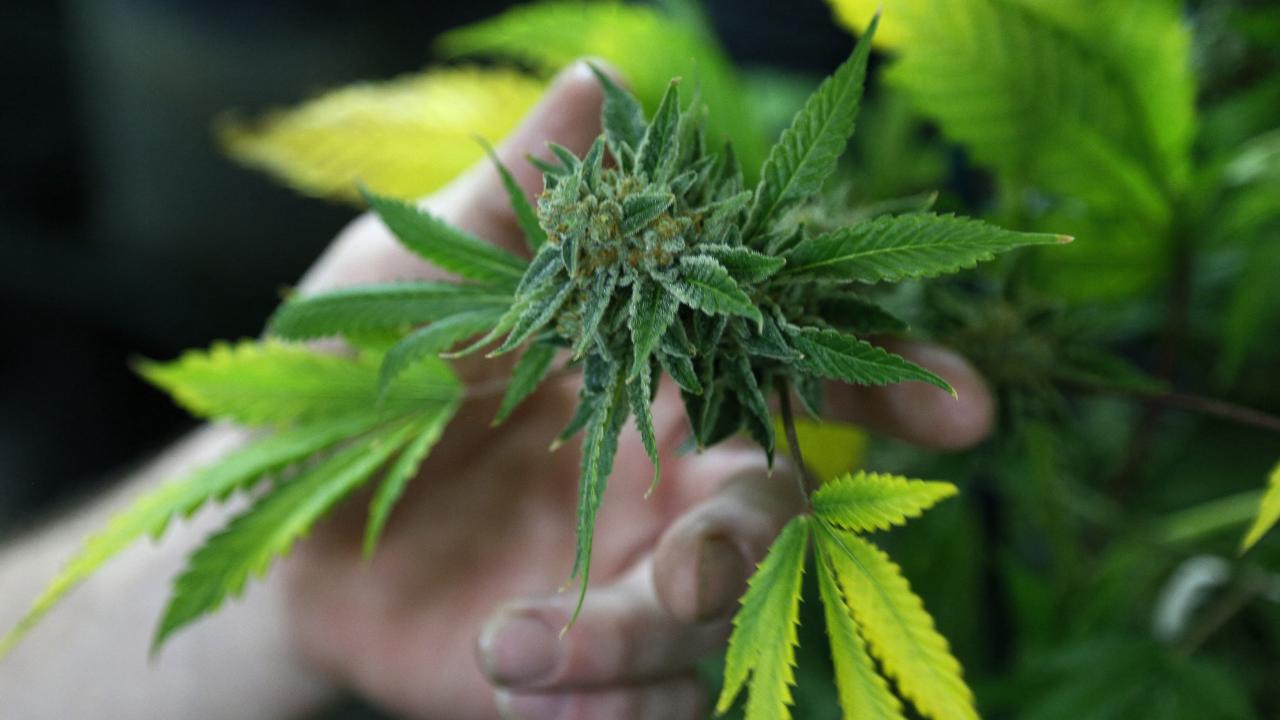
The reform aims to replicate business models implemented by the United States, where the cannabis industry has managed to generate significant economic and fiscal revenues.
The Paraguayan Chamber of Industrial Cannabis (CCIP) aims to expand the legal framework for cannabis in Paraguay in order to focus on the industrialization and export of raw materials or value-added products based on the plant, to markets of interest such as the United States, Holland, the United Kingdom, Australia and others. The proposal is being developed in conjunction with several state institutions and is being analyzed in the Paraguayan Congress.
The association is working with the Ministry of Industry and Commerce (MIC), the Ministry of Agriculture and Livestock (MAG), the National Anti-Drug Secretariat (Senad) and other state institutions to propose legal changes to the current regulations on the use of cannabis. Among other things, the aim is to increase the permitted limit of THC (a compound with psychoactive properties), currently set at 0.5%.
According to Marcelo Demp, president of the CCIP, this reform aims to replicate business models implemented by the United States, where the cannabis industry managed to generate significant economic and fiscal income due to the regulation and supervision of dispensaries authorized to sell products based on the plant.
“Dispensaries are premises that have traceability, a management system and safety protocols, with health registration. In this way, products derived from cannabis can be inspected and controlled, whether they are non-psychoactive (food and cosmetics) or psychoactive,” he said.
CANNABIS IN PARAGUAY: THE BENEFITS OF THE REFORM
Using this business model, a triple impact can be generated: social, economic and environmental, said Demp. “It is not about freeing up consumption, on the contrary, it is about controlling it. Thus, production is for licensed industries and added value is generated for export. In tax collection, significant profits can be generated. For all non-psychoactive products, 5% of the Selective Consumption Tax.
"On the other hand, for those who do, up to 18%," he added. Beyond the profits, the reform would allow for a reduction in crime and the promotion of cannabis production and industrialization with oversight and control, through authorized dispensaries, which guarantee safe and legal access to finished products.
POTENTIAL OF THE CANNABIS INDUSTRY
Although it is still in its infancy, the cannabis processing and industrialization sector in Paraguay has seen significant growth, with more than 20 locations opened.
,where legal products derived from the plant are being marketed. Through these ventures, Paraguay has positioned itself in international markets
highly competitive and managed to export to the United States, the Netherlands, the United Kingdom, Lithuania, the Czech Republic and Australia, although still in small volumes.
In addition, other regional markets such as Argentina and Brazil have also shown interest in local production, according to the association. The head of the CCIP referred to this and stressed that the update of the legal framework not only represents an opportunity to diversify the national economy, but also to attract investments and consolidate the country as a reference in the production and export of industrial cannabis.
ANALYSIS OF THE REFORM
In addition to the coordinated work with institutions such as the MIC, the MAG and the Senad, the CCIP seeks to expand the network and have the support of the National Directorate of Sanitary Surveillance (Dinavisa) and the Secretariat for the Prevention of Money or Asset Laundering (Seprelad) in view of the study of the reform on the use of cannabis,
which is currently being analyzed by the Senate's Anti-Drug Trafficking Committee.
"The idea is being reinforced and the relevant adjustments are being made, with planning and in the correct manner. We are in that process, but we have all the attitudes to make this move forward," he added.









